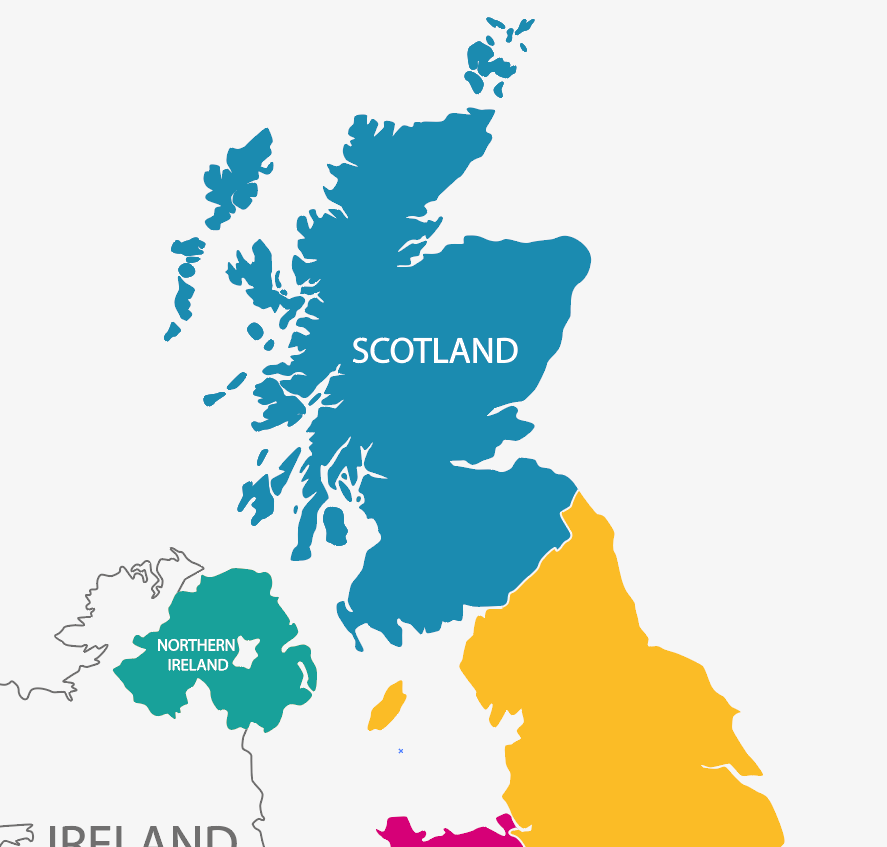Information on Cookies
To make the best use of our website, you'll need to make sure your web browser is set to accept cookies to ensure you receive the best experience.
For further information, please read our Cookies Policy.

Log In
In 2021, one in 14 jobs in Scotland was in the food and accommodation service sector, adding around £1.3 billion to the Scottish economy quarterly. Yet, average pay in the hospitality sector is significantly lower than the Scottish average – in fact, accommodation and food services has the lowest median hourly pay of any industry, at £10 in 2022. Across all sectors, the Scottish median hourly wage was £15 for the same time period.
Pre-pandemic, the Fraser of Allander Institute published a report showing that hospitality workers were more likely to be in working poverty than workers in other industries. Children living in a household with at least one adult in hospitality were also significantly more likely to be in poverty than other households in Scotland.
Hospitality is also an extraordinarily difficult industry for business owners and operators. We found that food and accommodation services lost the highest proportion of revenue compared to other industries during the pandemic, on top of already having relatively low profit margins. Hotels and restaurants also struggle to fill job vacancies, with data showing that around 30-35% of hospitality workers change employers annually – around twice the rate of other industries. This can add thousands of pounds to a company’s bottom line annually.
Holding on to these workers is vital for the long-term sustainability of these businesses, just like addressing low pay in hospitality is vital for the long-term wellbeing of these workers, their families, and the entire landscape of inequality and child poverty in Scotland.
To understand these issues, the Fraser of Allander Institute began a three-year project engaging with hospitality employers and workers in 2022. This project, called “Serving the Future,” is a partnership between the Robertson Trust, the Institute for Inspiring Children’s Futures, the Hunter Centre for Entrepreneurship, and the Poverty Alliance. The goal of this project is to identify how hospitality industry employers can reduce in-work poverty, and what organisational, systemic, and policy-based changes can address child and working poverty in Scotland.
The Fraser of Allander Institute has now published its report summarising the first stream of work in this project. This workstream used scenario planning workshops to figure out what can be done to both support the sector financially and reduce in-work poverty.
Scenario planning involves discussing possible future situations based on various political, environmental, economic, or cultural factors. We established two groups for this: a group of hospitality workers and a group of business operators.
The Fraser of Allander Institute asked these two groups to come up with ten major drivers of change each, isolating the two that were deemed the most important and most uncertain. The groups then created four scenarios based on the impact of the two drivers: what if one driver had high impact and one had low impact? What if both had high impact? What if neither did?
Participants then discussed the possible implications of these four scenarios, and what actions could be taken to mitigate potential negative outcomes.
What were hospitality workers concerned about?
Hospitality workers voiced concerns about poverty levels. They also expressed concern about business uncertainty: what if demand for hotels and restaurants skyrockets? What if demand drops? How will business levels affect mental health and job security for workers? What about pay?
The four situations addressed high consumer demand compared to low consumer demand, combined with either high or low levels of poverty.
The consumer demand scenarios showed the trade off workers make with hours and mental health. Especially in high-poverty scenarios, workers either suffer with burnout because of high business levels, or they suffer with unstable paycheques and poor job security because of low levels of consumer demand. Workers also noted that burnout and poor wages would naturally lead to bad service and bad practices.
The concern about poor service and bad practice was echoed in situations with lower levels of poverty, as well. In those scenarios, workers discussed ways to improve working conditions and reduce the stigma of hospitality jobs. This demonstrates a theme between both workers and employers – everyone takes pride in their work. Both groups want these positions to be viewed as a culturally significant and sustainable career path, rather than a low-status and temporary job.
What were the business operators concerned about?
Employers identified government policy and high energy costs as key issues facing the hospitality industry today. The four scenarios covered more and less effective policy backgrounds, combined with higher or lower energy costs.
The two situations with strong and effective government policy were generally considered more positively by employers, regardless of energy costs. Energy costs were still a major concern, especially among the rural business leaders in this group, but with better policy, employers felt that they could increase pay and invest more in staff training and development. They pointed out current childcare policy as an area with room for improvement – it’s a huge struggle for parents to access childcare when they need it, since typical work hours in hospitality fall outside of traditional school hours.
In situations with less effective policy, worker exploitation was seen as a natural outcome. This led employers to talk about the stigma around hospitality work. Like the worker group, employers want to see the work as a viable and sustainable career option. In situations without effective policy, employers thought that this worker exploitation would lead to high vacancy rates, burnout, low pay, and the continued view that hospitality is a temporary, low-status job.

